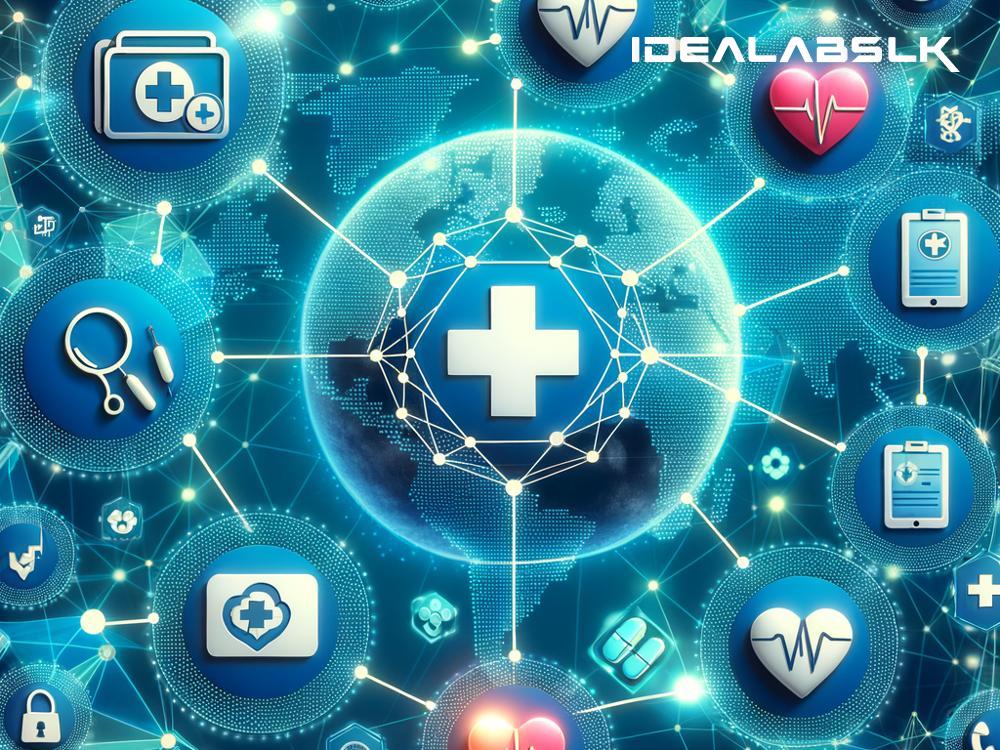Unraveling the Mystery: How Blockchain is Revolutionizing Public Health
Imagine if keeping track of your health records was as easy as checking your bank balance online or if verifying the authenticity of your medication only took a quick scan. Sounds futuristic, right? Well, the future is here, and it's thanks to a technology called blockchain. In the realm of public health, blockchain is increasingly looking like the hero we didn’t know we needed. But before we dive into how this technology is transforming public health, let's unravel the mystery of what blockchain actually is.
At its core, blockchain is a type of database but with a twist. Picture a chain where each link is a box of information (block) securely connected to the next, creating a timeline of data that is virtually impossible to tamper with. This chain lives across multiple computers, making it decentralized. This means no single entity has control, ensuring transparency and security. Now, how does this tech wizardry translate to benefits in public health? Let's explore.
Efficient Health Records Management
Health records are vital yet sensitive. They're like personal health diaries that need to be both private and accessible to authorized personnel. Here's where blockchain comes in, transforming health records management by making it more secure and less fragmented. With blockchain, all of your health information can be stored in a way that you control who sees what, ensuring privacy and reducing the chances of data breaches. Healthcare providers can also access a patient's full medical history in a flash (with permission, of course), leading to faster and more accurate care.
Authenticating Medications and Vaccines
Counterfeit medications and vaccines are a global problem, with the World Health Organization estimating that fake medicines make up 10% of the global market. Blockchain brings a powerful solution to the table – traceability. Every time a drug changes hands, from manufacturer to distributor to pharmacy, that transaction can be recorded on a blockchain. This creates an unforgeable history of the drug's journey, making it easy for patients and healthcare providers to verify the authenticity of medications and vaccines. It's like having a passport for every pill, showing where it's been and proving it's the real deal.
Enhancing Research and Data Sharing
Public health thrives on research and data. But sharing sensitive health data for research purposes is a tightrope walk between privacy and progress. Blockchain offers a balancing pole. By enabling the creation of secure, anonymized datasets, blockchain allows vital health data to be shared among researchers without compromising individual privacy. This can speed up medical research, leading to faster discoveries and development of treatments and vaccines. It's like pooling together pieces of a puzzle without showing the picture on each piece, yet still being able to solve the puzzle.
Improving Supply Chain Management
The COVID-19 pandemic threw a spotlight on the importance of efficient supply chain management, especially for medical supplies and vaccines. Blockchain can monitor supply chains in real time, providing a transparent view of where supplies are, how they're being stored, and when they'll arrive. This can help avoid shortages, reduce waste, and ensure that life-saving supplies reach where they're most needed, when they're most needed. Imagine a world where no vaccine goes to waste because we know exactly where it is needed most.
Boosting Public Health Surveillance
Public health surveillance is all about collecting and analyzing data to prevent outbreaks and monitor health trends. Blockchain can drastically improve the speed and accuracy of this data collection and sharing, leading to quicker responses to public health crises. For instance, during an outbreak, real-time data on the spread of the disease can be shared across a blockchain, allowing for immediate action to contain it. It's like having a global health radar, scanning for threats and pinpointing where to send help.
The Road Ahead
While blockchain in public health sounds like a marvel, it's not without challenges. Issues like technology adoption, governance, and ensuring universal standards still need to be addressed. But the potential benefits make it a journey worth embarking on.
In conclusion, blockchain isn't just about cryptocurrencies and finance; it's a versatile technology with the power to reshape public health for the better. By offering solutions for secure health records management, authenticating medications, enhancing research, improving supply chain management, and boosting public health surveillance, blockchain stands as a beacon of innovation, ready to guide us into a healthier future. As we continue to decode its potential, one thing is clear: the blockchain revolution in public health has just begun.

